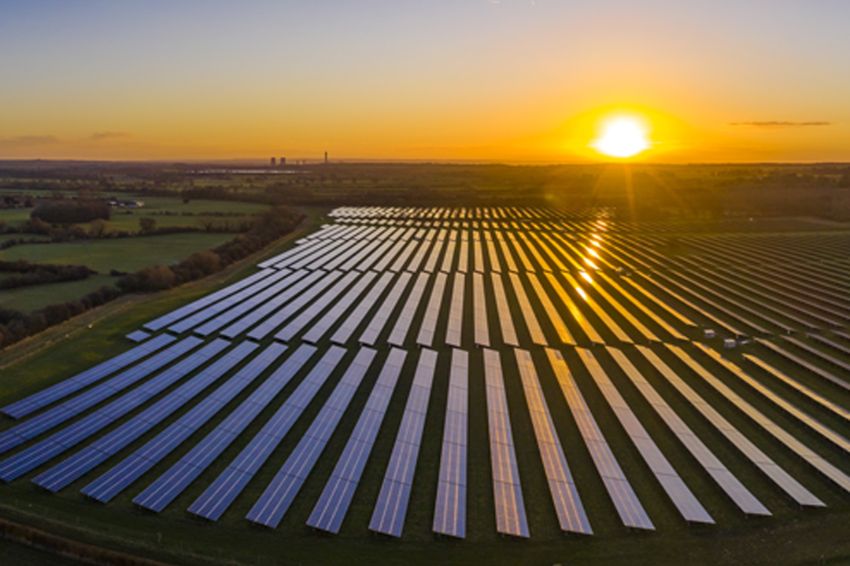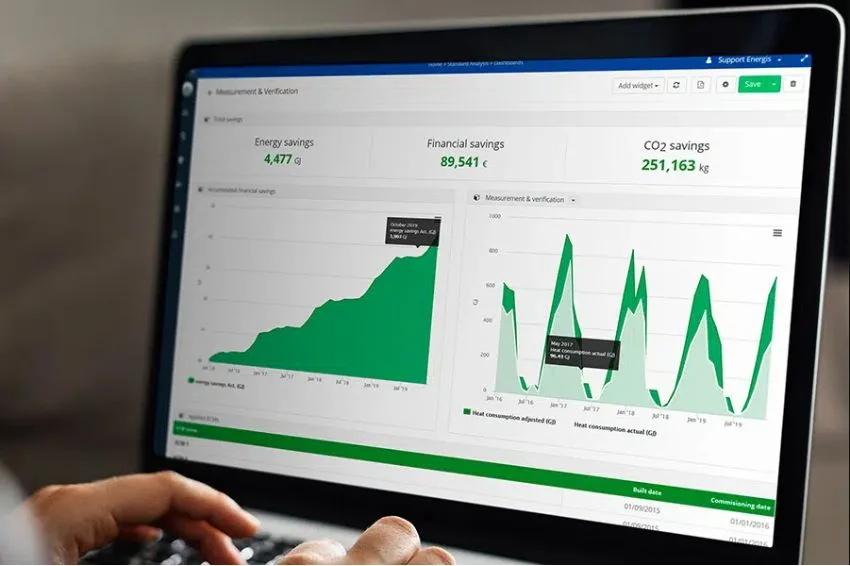Article published in the 19th edition of Canal Solar Magazine
A subscription energy is exciting innovation in the energy sector. I like to say it's a pilot to open the low voltage market, providing consumers with an efficient way to save on their energy bills and contribute to a more sustainable future.
In this article, I will explore the basic principles of this approach and how it operates, along with its advantages and considerations.
O The central objective of subscription energy is to offer savings to electricity consumers. It works like this: investors are responsible for building energy farms, such as solar, biomass or biogas plants.
These farms are rented by a consortium, and consumers are part of this group to receive energy credits generated by these farms. Is effective way to reduce energy costs.
A Subscription energy is a legitimate and regulated option in the electricity sector. It is based on the concept of shared generation, as established in ANEEL Normative Resolution 1000/2021 and in Law 14,300/2022.
This means that it is a legal practice and supported by sector authorities, providing legal security to interested consumers.
While the idea behind subscription energy is simple, its implementation can be complex. Consumers can participate through consortiums, cooperatives, associations or condominiums.
Service providers, such as Exact Energy, simplify adherence to this model and offer a variety of options for consumers, making it accessible to a diverse audience.
In addition to providing savings, the subscription energy promotes sustainability. A significant part of the energy consumed comes from renewable sources, such as solar energy.
This contributes to reducing carbon emissions and helping to build a cleaner, more ecological future. Therefore, in addition to saving money, consumers are making a positive difference to the environment.
In short, subscription energy represents an exciting opportunity for consumers to save money and support the transition to more sustainable energy sources.
If you are interested in this innovative model, consider exploring the options available and contacting trusted service providers like Exata Energia to learn more and participate in this advancement in the electricity sector.
The complexity of subscription energy must be compensated by the security that the provider company can offer to consumers.
It is essential that projects are managed by experienced investors, ensuring the reliability of energy supply and the promised savings. This gives consumers peace of mind knowing they are making a solid choice on their energy bills.
While subscription energy is an innovative and promising approach, it is not without challenges and risks that consumers should consider when adopting this model.
Not receiving the promised savings
One of the main risks of subscription energy is the possibility of not obtaining the expected savings. Many companies offer discounts on the net compensable rate, but consumers may not fully understand how these discounts work.
It is crucial for consumers to be aware and clarify their concerns with companies to ensure they understand how their accounts will be affected. Monitor monthly whether these discounts are being applied correctly It is essential to avoid unpleasant surprises.
Delay in project start-up
Most DG (distributed generation) projects are in the construction phase, which could result in delays in entry into operation. This means that the projected savings may not start in the expected time frame.
You consumers need to be aware of this possibility and obtain information about the progress of the work from the energy company by subscription.
Non-performance of the project
Another risk is the non-performance of the generation project. This may result in fewer energy credits being delivered than expected, affecting anticipated savings. While subscription energy companies can usually resolve this issue, the solution may take some time.
Problems with the energy distributor
In some cases, consumers may not receive energy credits due to power distributor failures. This could further delay projected savings as subscription energy companies cannot charge customers when credits are not received. Resolving problems with the distributor can be a time-consuming process, depending on the complexity of the situation.
Running out of power is not a risk
It is important to clarify that consumers are not at risk of running out of energy due to subscription energy. The energy distributor is responsible for the physical delivery of electricity to consumers. The only real risk is not receive the expected savings from contracting energy by subscription for the reasons highlighted above.
In conclusion, while subscription energy offers many advantages, it is important for consumers to be aware of these risks and take steps to mitigate them.
By understanding these challenges and proactively communicating with subscription energy companies, consumers can enjoy the benefits of this innovative model with greater peace of mind.
The opinions and information expressed are the sole responsibility of the author and do not necessarily represent the official position of Canal Solar.
















3 Responses
great explanation. I work at a GD company, and I will recommend your article to my team and our clients.
I would like to enter this market, is there any possibility of these companies that operate in this segment opening up as franchises?
Good morning, I want to know if someone signs how many percent they have discount and what is the procedure to be carried out.